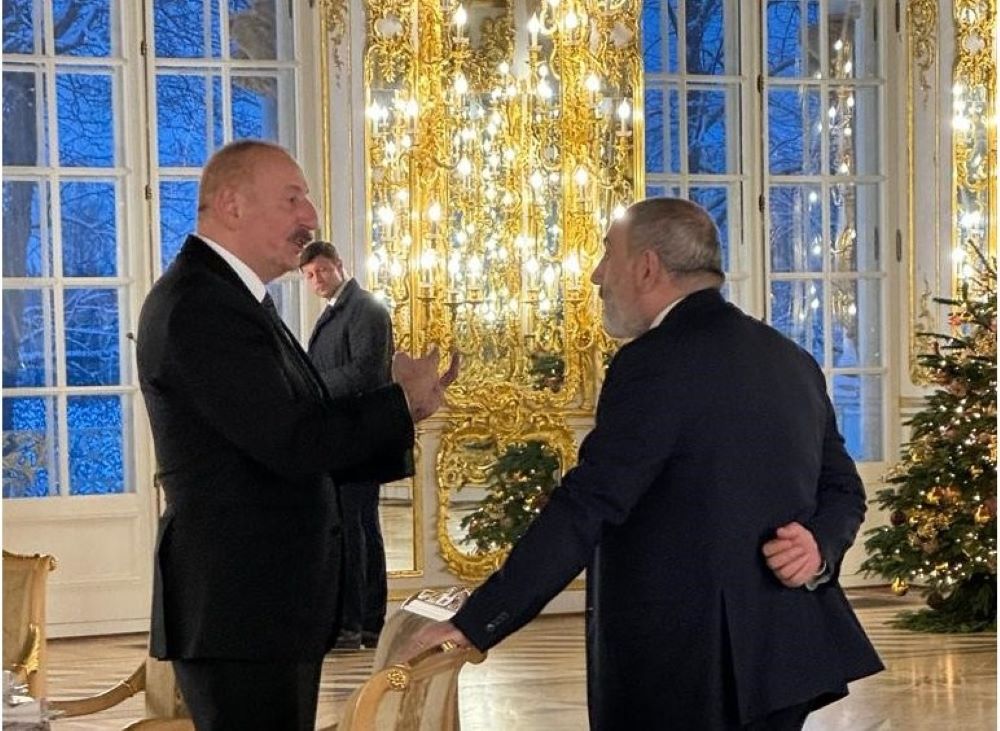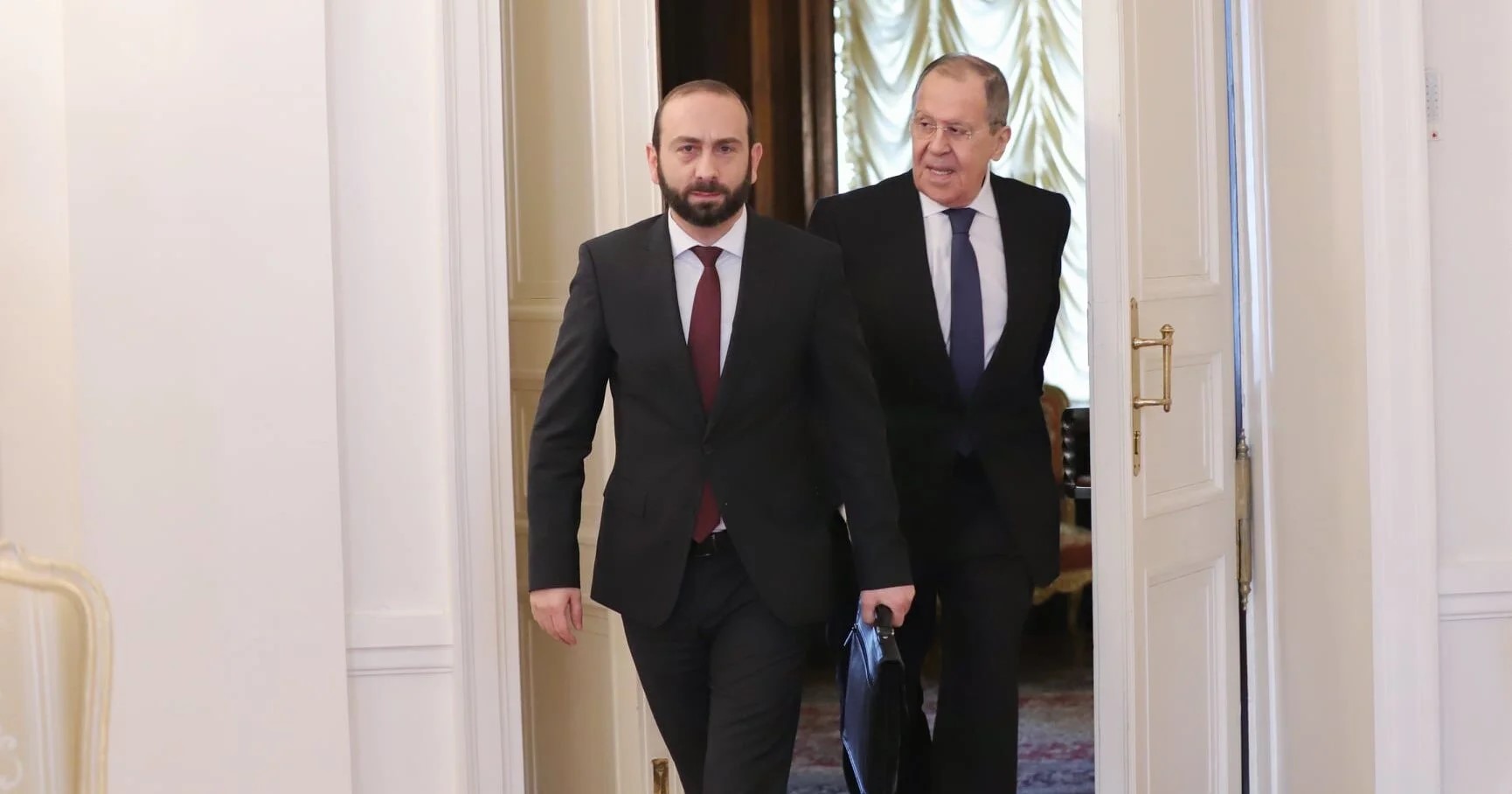Opinion: "The only viable option for Armenia is to coexist with Turkey and Azerbaijan"
Armenian and Azerbaijani 4th republics
Both in Yerevan and in Baku, discussions have commenced regarding the establishment of a fourth republic. “This is one of the slogans of the ruling party during the early elections in Azerbaijan,” stated political scientist Areg Kochinyan on Public Television of Armenia.
The first is the Republic of Armenia, founded in 1918; the second is the Armenian SSR, which was part of the Soviet Union; and the third is the republic that declared its independence in the early 1990s.
Kochinyan views this intention positively but suggests it should occur simultaneously in both countries. He acknowledges that this step alone won’t resolve all the existing issues between Armenia and Azerbaijan, yet he underscores:
“This could offer a promising narrative for peace. Considering that the third republics were characterized by conflict and mutual demands, this presents an opportunity to embark on new realities on a fresh page.”
The political scientist delved into the resolution of Armenian-Azerbaijani relations, emphasizing the establishment of peace and the necessary steps to achieve it.
“The only viable option is coexistence with Turkey and Azerbaijan”
Political scientist Areg Kochinyan asserts that Armenia’s journey toward robust statehood necessitates coexistence with Turkey and Azerbaijan. He underscores that there’s “no one to hide behind.”
In addressing the resolution of Armenian-Azerbaijani relations and the promotion of peace, he outlined three key areas for Armenia to focus on:
- strengthening the country’s defense capability, which includes acquiring weapons,
- strategic positioning within the region: defining Armenia’s identity as a state and clarifying its objectives with neighboring countries,
- implementing economic projects aimed at enhancing Armenia’s appeal as a partner to Turkey and Azerbaijan.
As part of positioning itself in the region, he also considers discussing the issue of a new constitution and its connection with the Declaration of Independence.
According to Kochinyan, the Declaration of Independence of Armenia addresses the recognition of the Armenian genocide, the fulfillment of the people’s aspirations, and the reunification of Armenia and Nagorno-Karabakh. However, none of these points applies to the Republic of Armenia.
“Any state is established to ensure and guarantee the security, well-being, happiness, and freedom of its people. These four provisions are not present,” he explained.
He believes that if the Declaration of Independence does not pertain to the foundations of statehood and state goals, then the connection between it and the constitution should be severed:
“There is no process in the world for changing the Declaration of Independence, but there is a process for separating it from the constitution. This is what we need to do.”
At the same time, he warns that this is “necessary, but not sufficient” to establish lasting peace.
“Armenia faces a significant threat”
“Theoretically, at the moment, there is a greater danger of the dismemberment and absorption of Armenia within Russia or in the integration processes led by it than under the blows of Azerbaijan and Turkey,” Kochinyan said.
According to the political scientist, Russia poses the same threat to Armenia as Turkey and Azerbaijan.
Speaking about the new national security strategy of Armenia, Kochinyan emphasized that it should, first of all, be aimed at protecting the territorial integrity, sovereignty, and democratic path of the country, as well as creating “diversity in the security architecture.” According to him, this means not only improving relations with other partners but also leveling out the enormous Russian influence:
“All of our infrastructure, which is of critical importance – the railway, the gas pipeline, the electrical grid – is in the hands of the Russian Federation, there are Russian border guards at the borders, they have a military base here.”
Areg Kochinyan says changes should start with no longer having Russian border guards at Zvartnots airport and no more Russian state media in the Armenian public multiplex.
One-step solution or years of effort?
According to Kochinyan, many Armenian politicians seek a single transformative step to change the situation.
“Some propose creating nuclear weapons or becoming an ally of the United States. We’re seeking an elegant, one-step solution. But such a solution doesn’t exist,” he asserts.
He evokes Bismarck’s speech, echoing his words “with iron and blood” in Armenian politics, urging active and decisive actions.
Kochinyan is convinced that changing the situation requires concessions. When asked how many more concessions are necessary, he replied:
“As many as needed to preserve statehood. As a nation, we must decide our greatest need. Some say, ‘We’ll remain part of the Russian Federation. So what? What is statehood?’ There are 5,000 nationalities worldwide, but only 180 have statehood. There are 40 million Kurds, yet they lack a state. After statehood, everything else is of secondary importance, even third-rate.”
Armenian and Azerbaijani 4th republics




















